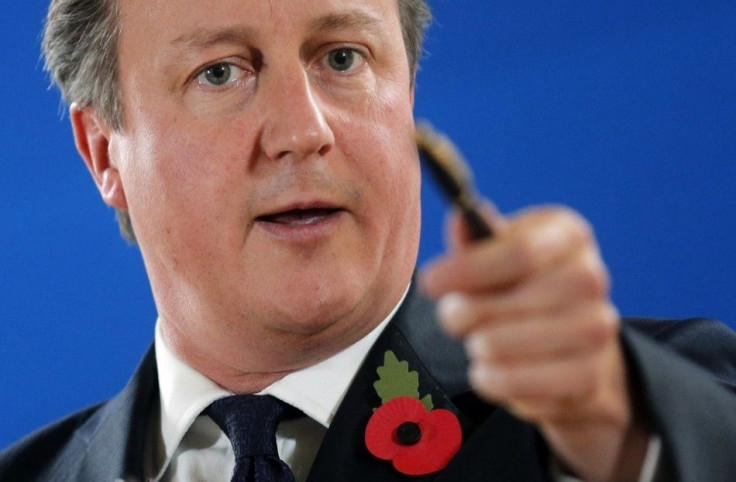Google, UK’s Cameron: All Out War Against Child Pornography

According to Business Insider, the Internet Watch Foundation (IWF), a U.K. charity has compiled "digital fingerprints" of child sex abuse photographs which will be used to generate flags or barriers that will prevent browsers from accessing the alleged photos. Each of these images will be assigned a digital fingerprint or also called as "hash value", which is a unique code created by running an image using a simple algorithm.
UK Prime Minister David Cameron announced Google's technology in the recently concluded global summit event called "We Protect Children Online" held in London. Apparently, Microsoft and Mozilla will apply the technology into their browsers. In addition, the prime minister said that British' world-class intelligence agency Government Communications Headquarters (GCHQ) and the National Crime Agency will hunt online pedophiles with the same strategy used to track down terrorists, BBC reports.
The child abuse images are traded over the "dark nets", which are parts of the internet not known on search engines such as Bing and Google. According to Cameron, the dark net is another face of the problem where pedophiles and perverts are sharing images, not using the normal parts of the internet that people normally use. With the help of the GCHQ and the National Crime Agency, the prime minister is confident that such crimes will be put to stop. He also thanked internet companies for supporting the campaign and for helping to make it more difficult to search and locate images of child abuse by using the conventional search services.
However, people must note that the digital fingerprinting system only blocks photos of child sex abuse that have been identified by the IWF and that has been added to the database. The measure is not some sort of silver bullet that would instantly "kill" the problem and there is no instant technical fix that could protect possible victims. In the end, the most effective approach consists of education, responsible parenting and more support from law enforcement.
Finally, Google has now blocked access to photos and videos of abuse for normal searches in 40 languages. The company, together with Microsoft and Mozilla are working closely to have "built-in restrictions to block access" to child abuse materials.






